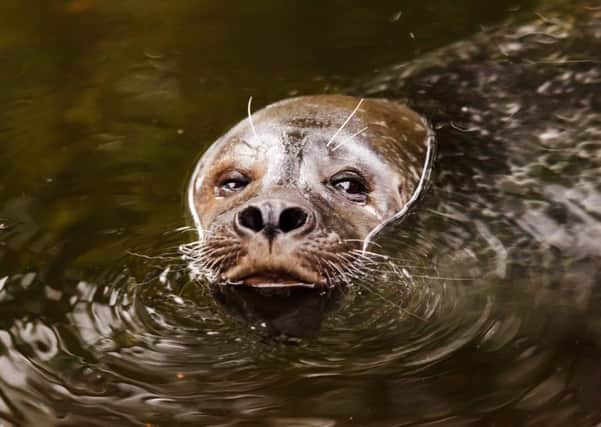Concern for seal welfare


Despite stipulations that carcasses should be recovered where possible for examination, the majority of carcasses are lost and over 97% of seals killed were not subjected to a post-mortem.
Between 2011 and 2015, 1,531 seals were killed by salmon farms, salmon netting stations and angling groups yet only 91 carcasses were recovered.
Advertisement
Hide AdAdvertisement
Hide AdThe information came to light following parliamentary questions to the Cabinet Secretary for the Rural Economy and Connectivity, Fergus Ewing MSP from Scottish Green Party MSP Mark Ruskell.
Under the licensing system which allows seals to be killed in Scotland carcasses should be recovered and sent for post-mortem.
Post-mortems are critical to determining the extent of suffering endured by the seal before death. However, only 91 (6%) of carcasses have been recovered and just 40 (2.6%) had a post-mortem.
Mark Ruskell MSP, Scottish Green Party spokesperson for Climate, Energy, Environment, Food & Farming said: “It is shocking that there is such a low rate of carcass recovery and post-mortem on seals killed by the fishing industry.
Advertisement
Hide AdAdvertisement
Hide Ad“These are crucial steps in preventing unnecessary suffering and pain to Scottish seals. I urge the government and fisheries across Scotland to step up and reinvigorate their commitment to increasing carcass recovery and post-mortem rates.”
Of the 40 post-mortems that were carried out, the Cabinet Secretary has confirmed that 36 seals died ‘almost’ immediately.
Alan Knight OBE, Chair of British Divers Marine Life Rescue said: “Even though the salmon farming industry has reduced the seals they shoot over recent years we now need them to take the extra step of employing new techniques to remove the need to shoot any seals at all.”